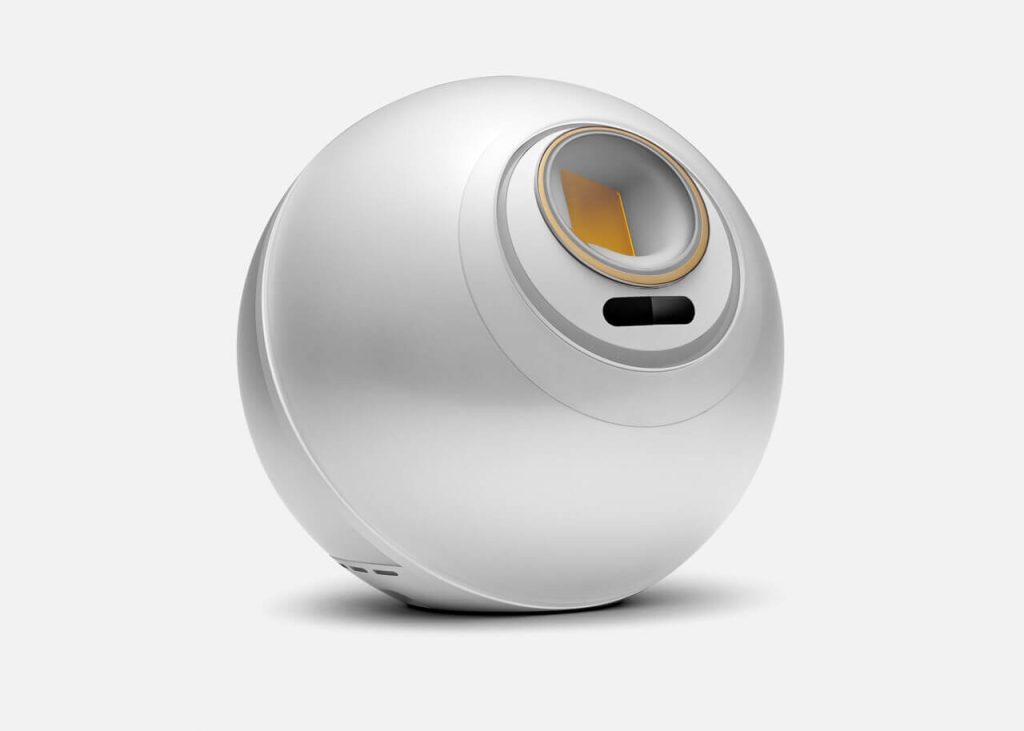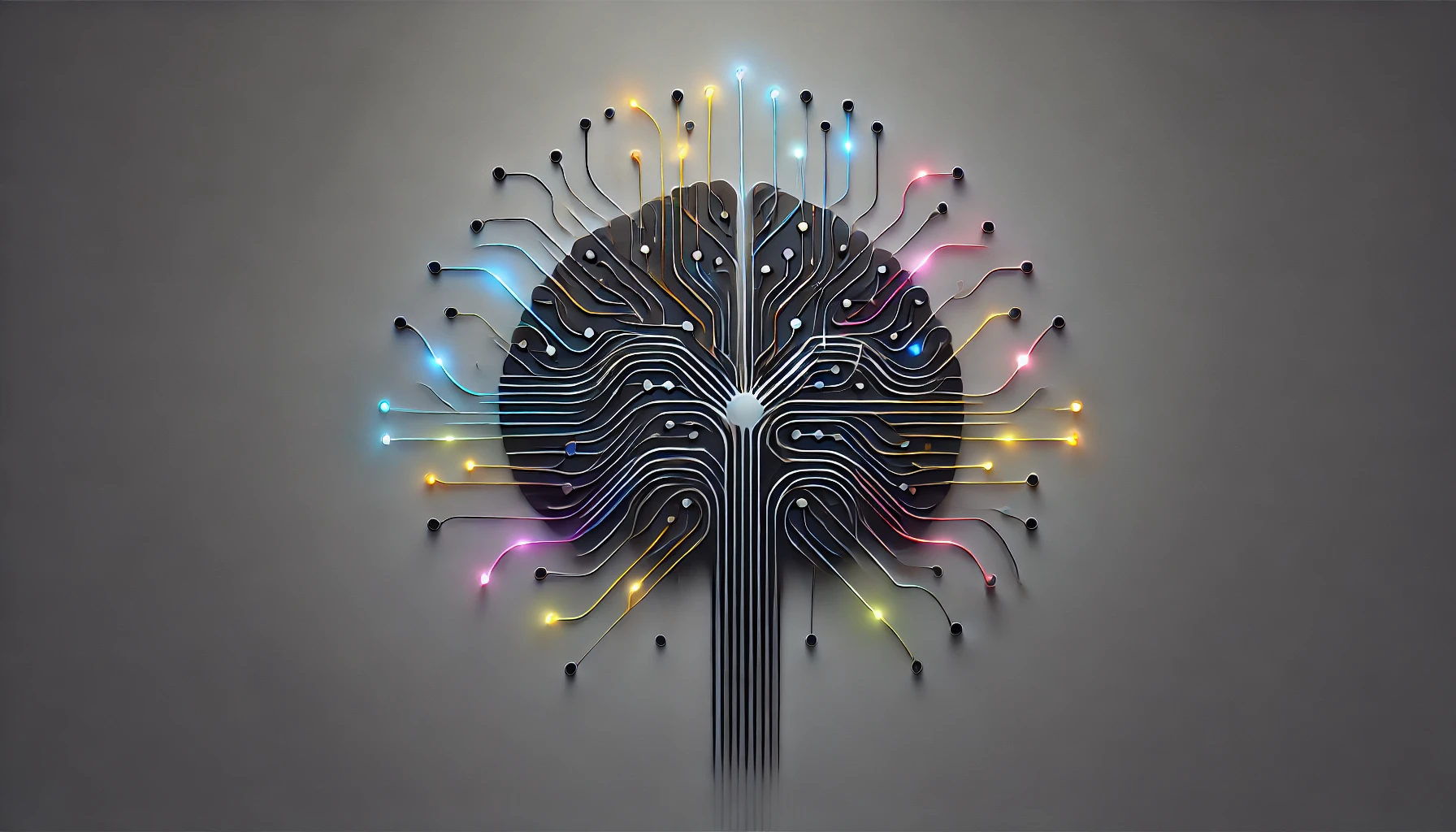Imagine this: A glowing, futuristic orb peers into your eye, granting you a digital identity that proves you’re human. It sounds like the stuff of cyberpunk novels, right? But it’s real. Worldcoin is rolling out an audacious plan to redefine how we verify humanity in an age dominated by AI. And, like it or not, this tech may become as vital as your passport—or even your very name.
What is Worldcoin? In essence, it’s a digital identity network built around World ID, a token system designed to verify that you are a human, not a rogue AI agent. And here’s where it gets crazy: the identification process involves scanning your iris through a sleek biometric device called the Orb.
This initiative isn’t just another tech gadget—it’s a bet on the future of identity, commerce, and trust. Spearheaded by Sam Altman, co-founder of OpenAI, and Alex Blania, Worldcoin aims to create the first global proof-of-humanity network. With AI systems running rampant, we’ll need ways to verify human interaction and establish trust in ways we've never considered before.
Why We Need Worldcoin: AI, Trust, and Digital Chaos
Picture the internet in 2026: AI-powered agents are negotiating contracts, managing online storefronts, and making life-and-death decisions about healthcare. How can you prove the person on the other side of the screen is human? With deepfakes convincing enough to fool even seasoned security professionals, traditional identity methods just won’t cut it anymore. Enter Worldcoin and its sci-fi-esque orb.
In a future driven by AI agents, Worldcoin’s infrastructure is a safety net—ensuring that human identity doesn’t get lost in the algorithmic noise. It’s like giving each of us a digital passport, but instead of border guards, AI systems will recognize your “World ID” to authenticate interactions.
This isn’t just an attempt to modernize online security; it’s about building trust in a chaotic, decentralized world where identity theft, fraud, and impersonation run rampant. The question isn't if we need it, but when it will become essential.

How It Works: Your Iris Is Your Password
At the core of this technology is the Orb, a sleek, sci-fi device designed to scan your iris and create a unique digital ID stored on a decentralized blockchain. Why the iris? Simple: it’s almost impossible to replicate, making it a gold standard for biometric identification.
The process is deceptively simple:
- Find an Orb—in a flagship location, retail store, or even have one delivered to your doorstep.
- Scan your eye—receive a World ID, which verifies that you are a unique human.
- Use your ID—interact online with the confidence that your identity is secure and private.
The Orb has been engineered with Nvidia’s Jetson architecture, offering AI performance capable of 100 trillion operations per second. This tech isn’t just fast; it’s scalable, handling billions of interactions across the globe.

Scaling Identity: Mass Adoption or Mass Surveillance?
With AI evolving at breakneck speed, Worldcoin’s founders know they need to scale quickly—or risk irrelevance. "When in doubt, scale it up," Altman quipped, reflecting his belief in scaling as a powerful force across industries.
But let’s be real: The idea of mass biometric scans raises some red flags. Isn’t this just a dystopian surveillance system wrapped in shiny tech? The Worldcoin team insists otherwise, emphasizing anonymity and decentralization. Your biometric data isn’t stored by a single company; instead, it’s fragmented and encrypted across multiple secure nodes.
For skeptics, this sounds like tech utopianism—until you consider the stakes. Without systems like this, imposter scams, deepfake fraud, and identity theft could become the norm, undermining trust in digital transactions and human interactions.
Orbs in Coffee Shops: Scaling Through Retail and Delivery
Worldcoin isn't just locking these orbs away in labs or tech hubs. They’re taking a page out of Amazon’s playbook by embedding orbs in local coffee shops and convenience stores. Spot an orb while grabbing your morning latte? Why not verify your humanity while you’re at it?
And if leaving the house isn’t your thing, no worries—Orb on Demand offers a way to summon one to your doorstep, delivered by Rappi, Latin America’s largest delivery service. This isn't just about convenience; it’s about normalizing biometric verification. Today, it’s orbs in coffee shops—tomorrow, they could be as ubiquitous as ATMs.
Privacy Concerns: Can We Really Trust This System?
No article about digital identity would be complete without addressing the elephant in the room—privacy. How do we reconcile the need for security with our right to privacy? Worldcoin’s solution is secure multi-party computation (MPC), a method that fragments your biometric data so that no single entity controls it.
It’s like shredding a classified document and scattering the pieces across different continents. Even if one party were compromised, it wouldn’t reveal the whole picture. Your data remains anonymous, but the system knows that you are uniquely you.
With partners like Berkeley’s Center for Decentralized Intelligence and Nethermind, Worldcoin is leveraging the latest in cryptographic research to maintain trust in a trustless world.
Deepfakes and the Future of Identity
The rise of deepfakes has already fooled executives into transferring millions to fraudsters. Imagine getting a Zoom call from your “CEO,” only to realize it was an AI-generated imitation. World ID’s deepface feature aims to tackle this exact problem by linking biometric data to real-time authentication.
It’s like having a bouncer at the club who knows not just your face but your entire vibe. With this tech in place, the next time someone pretends to be your CEO, the system will expose them before any damage is done.
The Future of Identity is Now—Will You Join?
Worldcoin isn’t just a product; it’s a revolution in digital identity. It challenges our assumptions about privacy, trust, and the very nature of being human in an increasingly digital world. Whether you see it as the solution to AI-driven chaos or the beginning of biometric dystopia, one thing is clear: the future is coming fast.
So, what do you think? Is Worldcoin the answer we’ve been waiting for, or a step too far into Orwellian territory? How comfortable are you with a device scanning your eye to verify your humanity? Let us know in the comments.
And if you’re ready to become a part of the next wave of digital pioneers, join the iNthacity community—the “Shining City on the Web.” Apply for citizenship, share your thoughts, and help shape the future.
Remember: The future belongs to those bold enough to scan their eyes. Are you one of them?



















Post Comment
You must be logged in to post a comment.